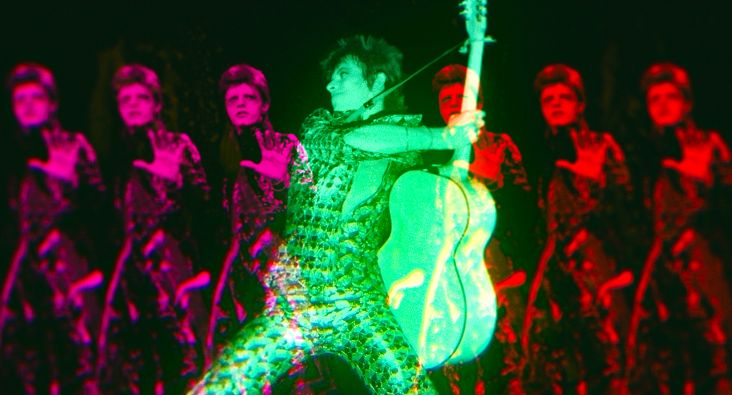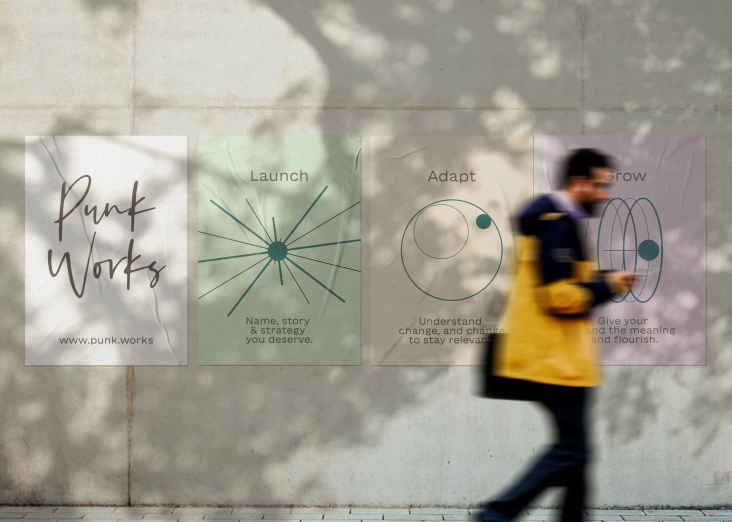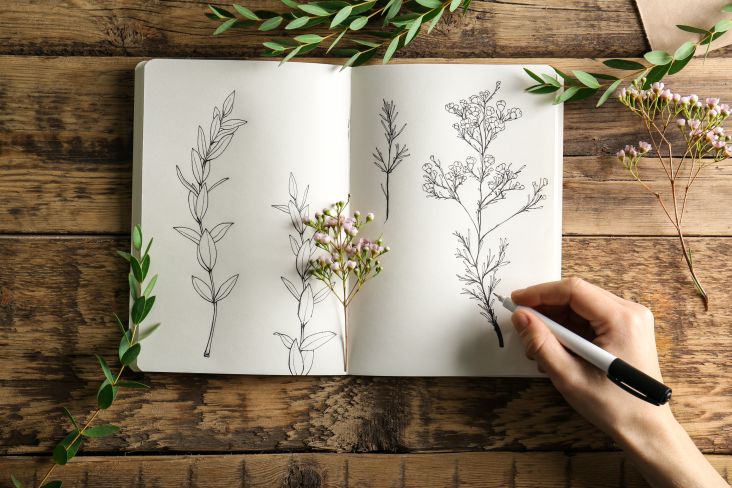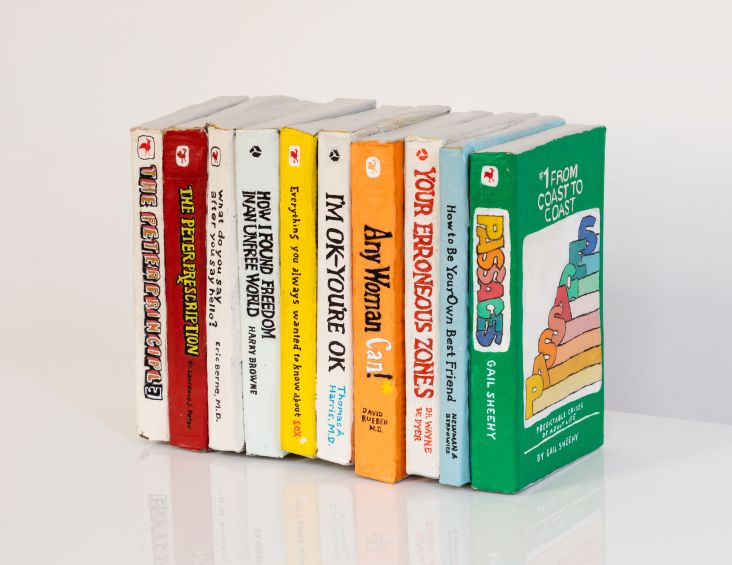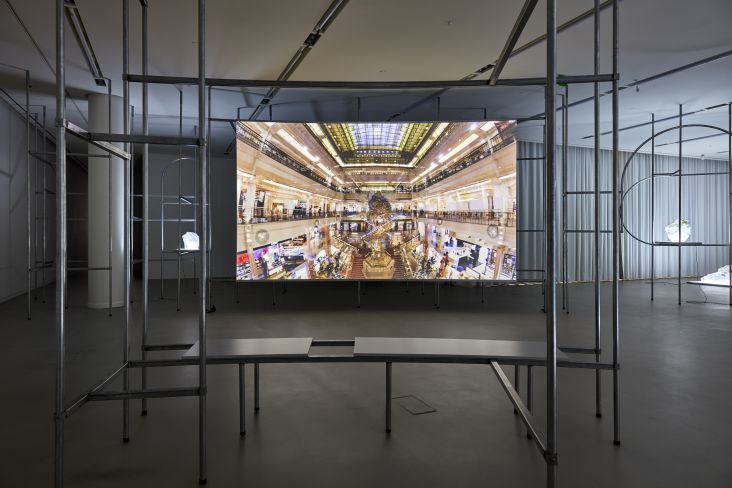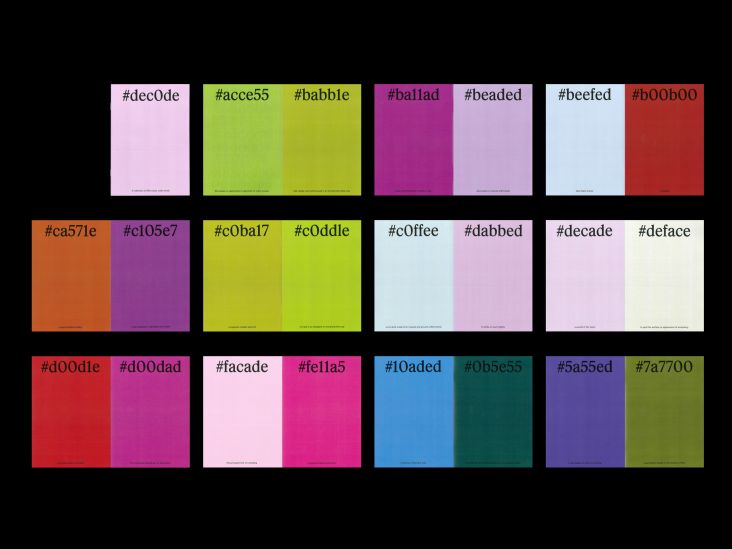Jewel-encrusted sardines & knitted cigarettes: Fibre artist Alicja Kozłowska proves that anything is possible
Polish artist Alicja Kozłowska goes to great lengths to create marvellously mundane objects to highlight mass consumption and overproduction.
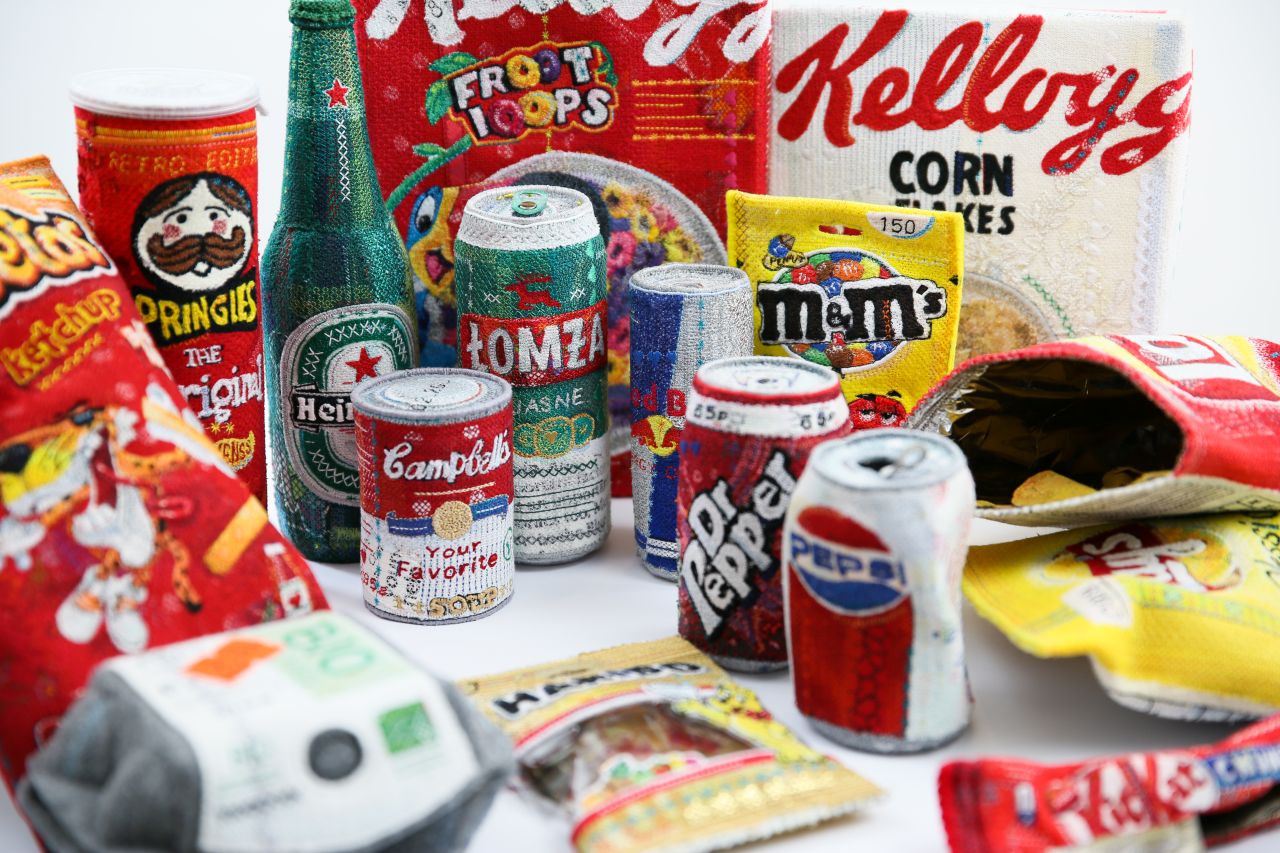
© Alicja Kozłowska
Some people may underestimate the power of embroidery, yet textile artist Alicja Kozłowska is here to prove that quite literally anything is possible with a needle and some material. Her artwork sits at the point of intersection – exploring how viewers perceive her creations, subverting artistic expectations and playing with societal realities.
Hailing from Warsaw, Poland, Kozłowska is pioneering her technique – combining "painting and artistic tailoring". She says: "I replace paint tubes with hundreds of different textiles – and the tip of the brush for a needle."
Her dexterity using these tools means she can create anything she wishes – and everyday consumerism takes her fancy.
"I'm inspired by daily life, everyday objects, mass culture – all the things that we don't pay particular attention to," says Kozłowska. "Yet they are an indispensable part of our everyday existence. And I intertwine these objects with a Pop Art influence; they're infected with positivity."
And she's not wrong. Jewel-encrusted sardine tins made from felt or reimagined boxes of Oreos stitched with sequins, Haribo packets that actually open and Kinder surprises with inside egg treats, stubbed-out knitted cigarettes and scrunched up beer cans… there's no limit to her fiendish imagined designs.
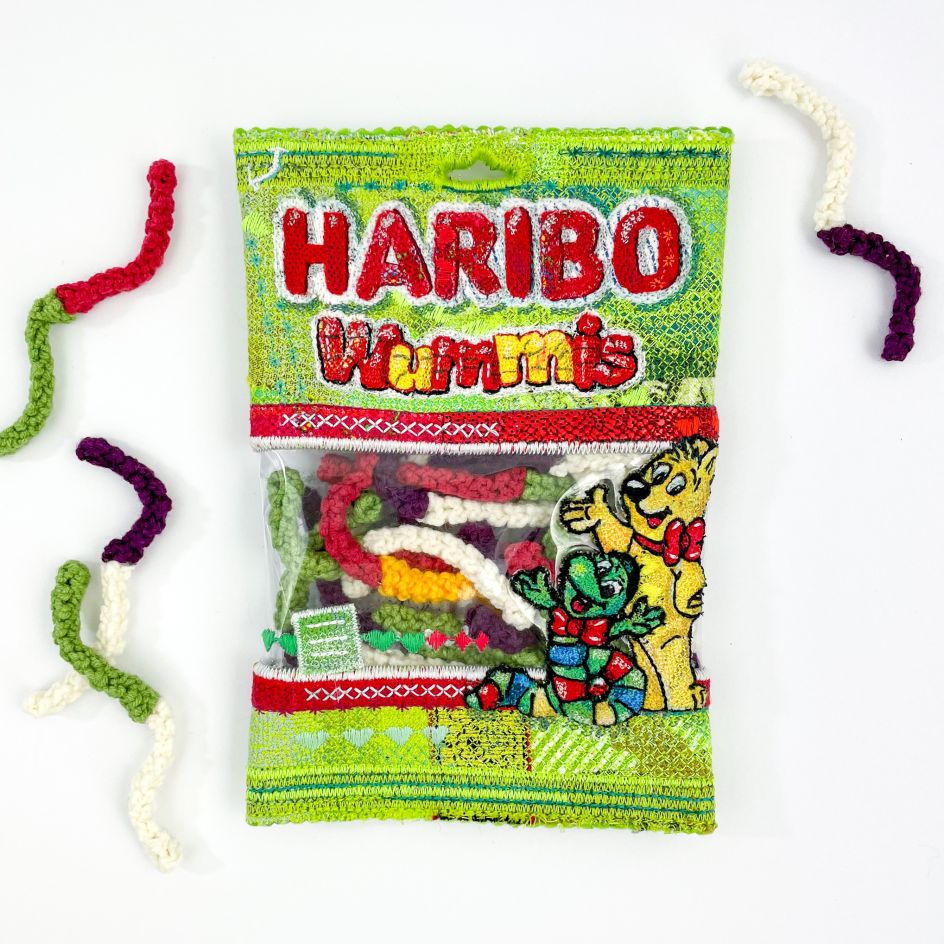
© Alicja Kozłowska
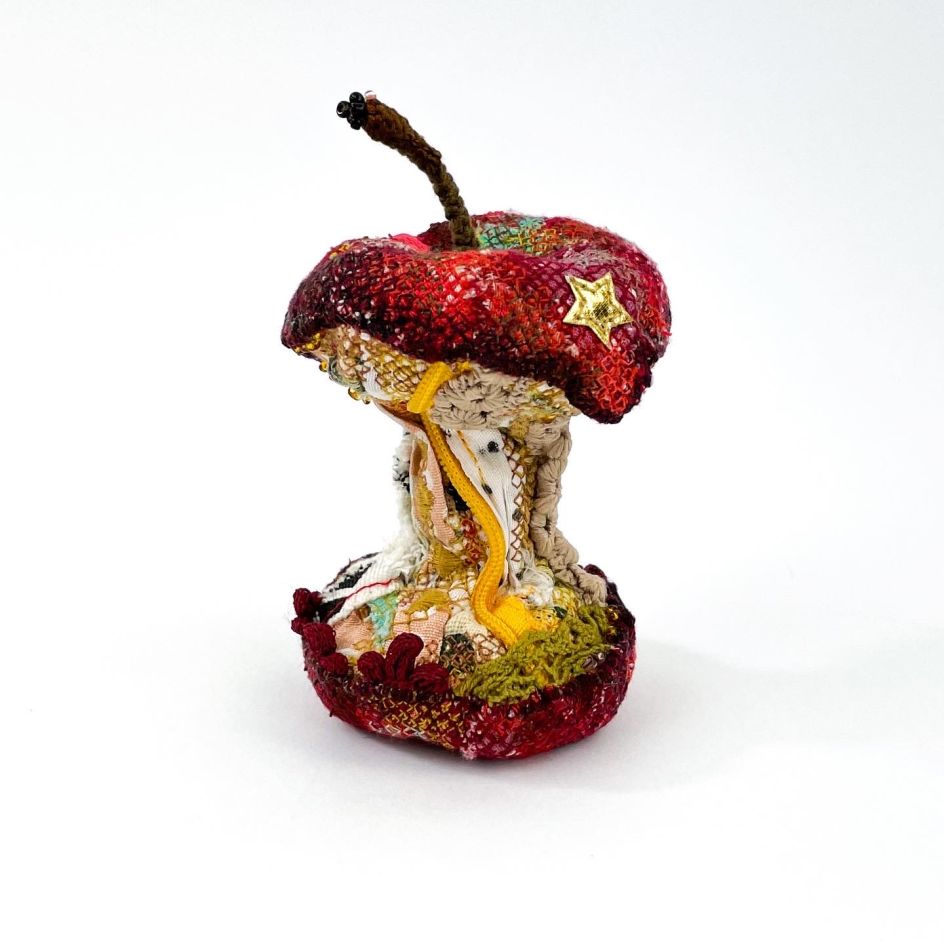
© Alicja Kozłowska

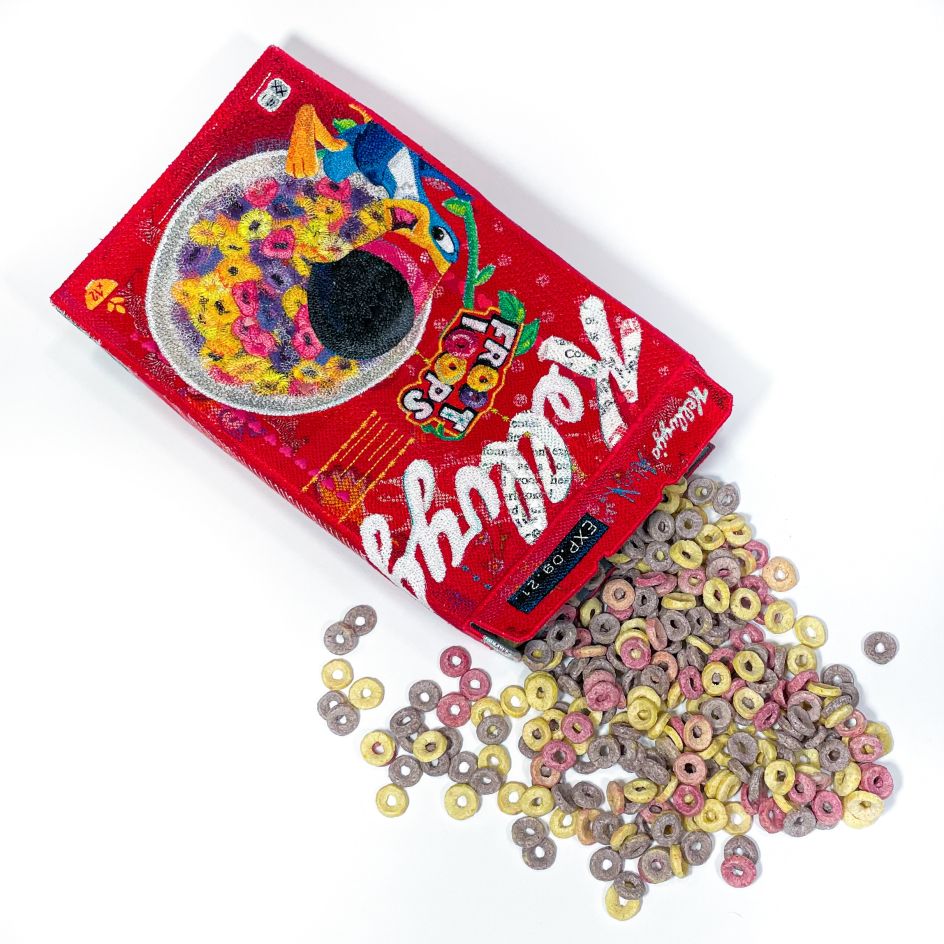
The intricacy with which she can create these objects – from individualised Fruit Loops, Cheetos crisps and textured toilet rolls or mascara brushes – shows her painstaking time committing to these details.
But she sees it as radical self-expression, a way to process and make sense of the capitalist world we're all now unwittingly part of – and the ease with which these objects can be obtained.
"Poland has some influence on me and my art, but I'm trying to travel as much as I can and see different perspectives and points of view," says Kozłowska. "I'm constantly stimulated by the reality of problems linked to politics, the environment and mass production that affect me as a Polish, European and global citizen."
Her work transcends borders and connects internationally thanks to its simplicity – a healthy tribute and evolution of Warhol's iconic Campbell's Soup Cans (1962) work.
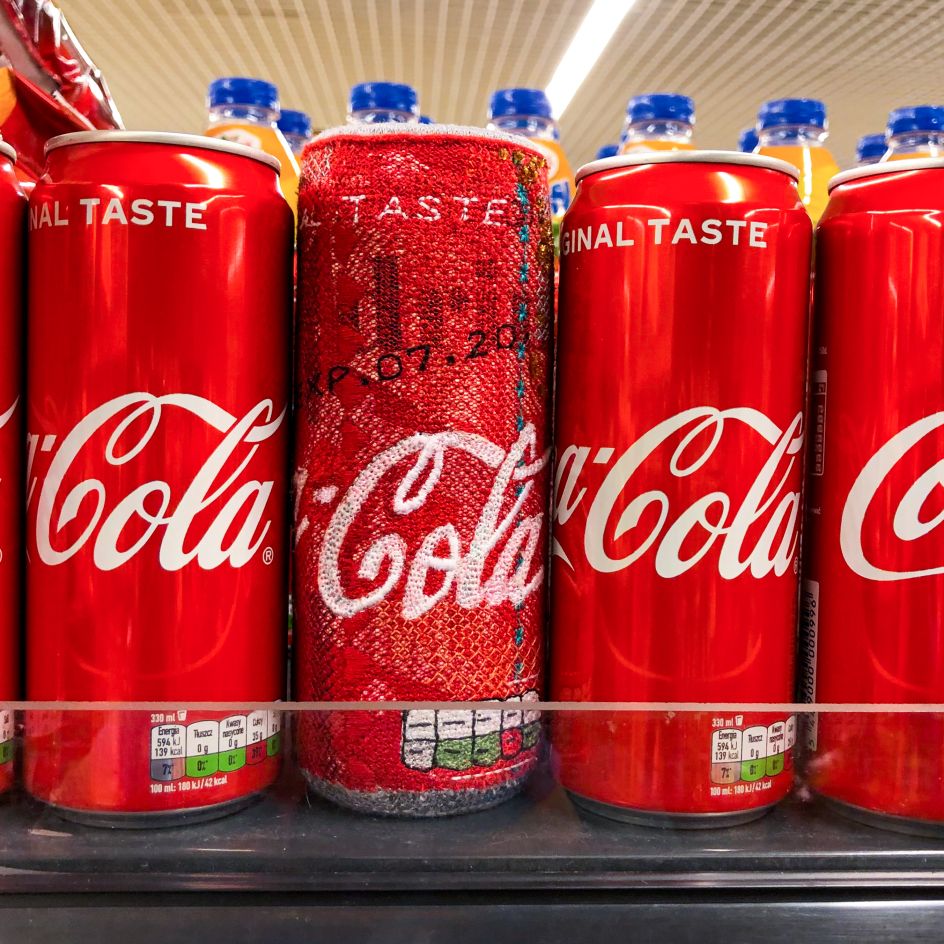
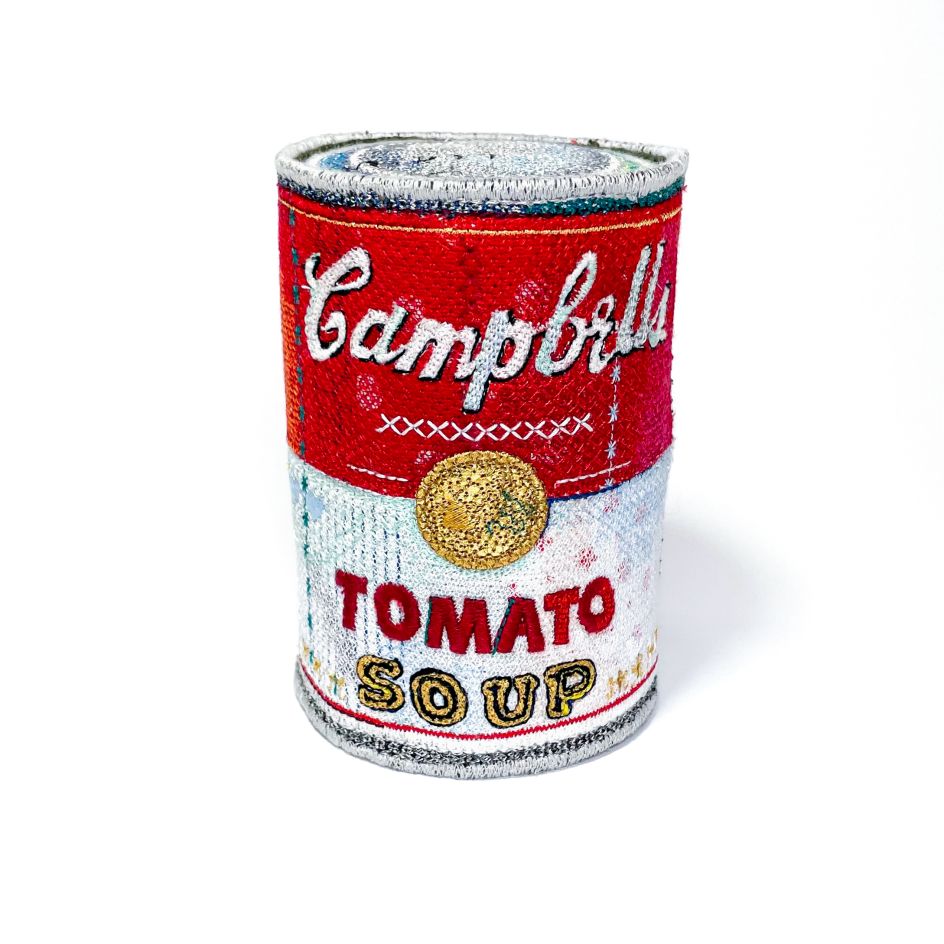
© Alicja Kozłowska

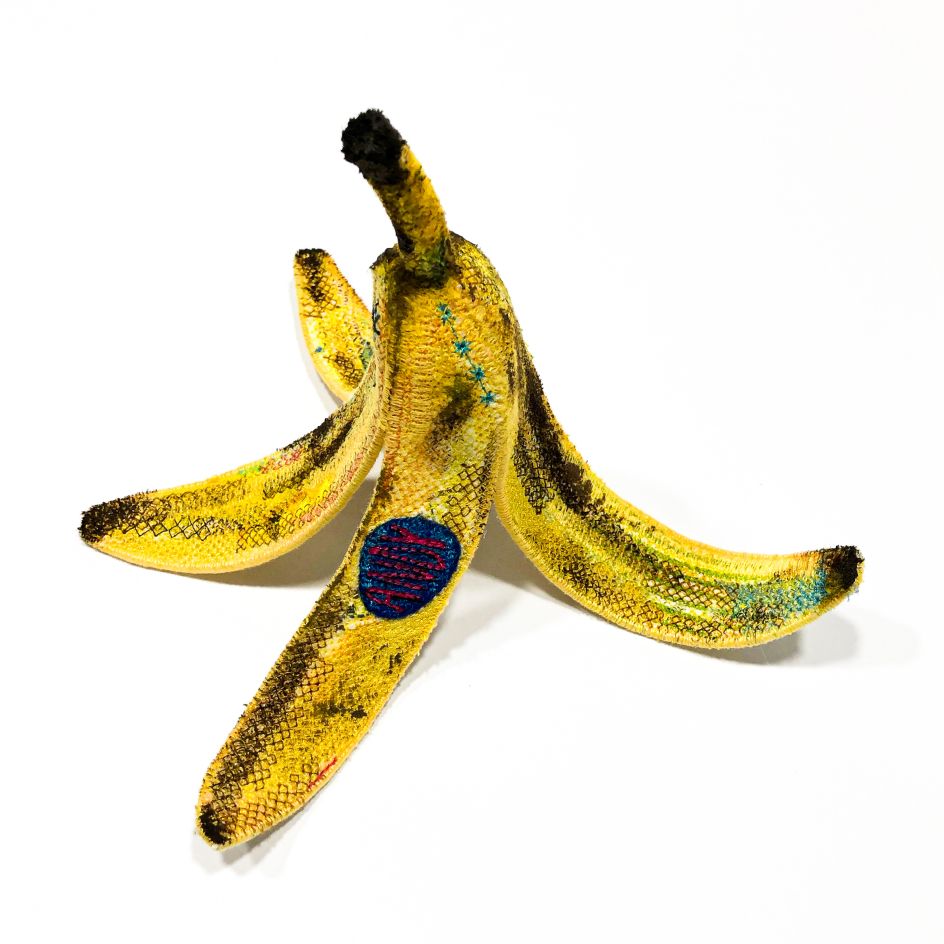
Despite her background in graphics, sculpture and painting, Kozłowska found textiles accidentally as a way of finding a style that's definitively hers.
It's an intuitive process, and one that she does without much planning – Kozłowska also engages in performance art that similarly aims to extract an honest reaction from her viewers. Of these combined practices, she concludes, "Performance is a great fit with fibre art, but it's also not that common – that's what I like about both. On the flip side, textiles are not as fragile as they look; they're meant to be experienced."




 by Tüpokompanii](https://www.creativeboom.com/upload/articles/58/58684538770fb5b428dc1882f7a732f153500153_732.jpg)


 using <a href="https://www.ohnotype.co/fonts/obviously" target="_blank">Obviously</a> by Oh No Type Co., Art Director, Brand & Creative—Spotify](https://www.creativeboom.com/upload/articles/6e/6ed31eddc26fa563f213fc76d6993dab9231ffe4_732.jpg)









